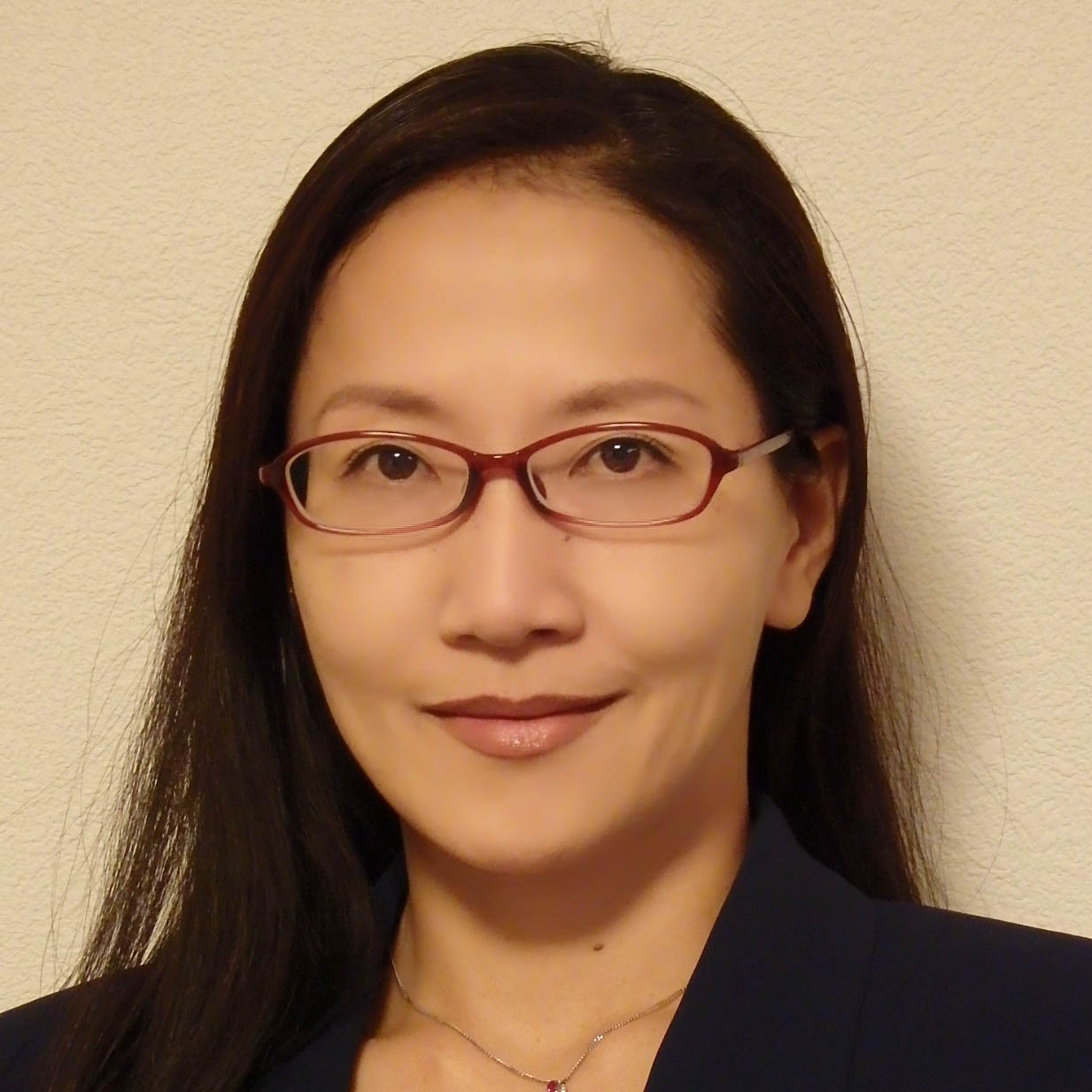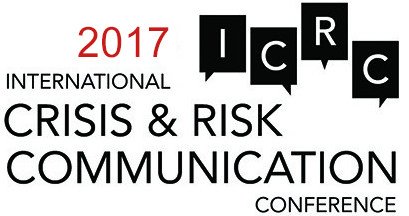
Ph.D. Candidate
Kyoto University
Japan
Naoko Kimura, a Ph.D. candidate at Kyoto University, acquired her M.A. in Education, Gender and International Development from the Institute of Education, University of London in 2004. She worked at International Lake Environment Committee Foundation (ILEC), Japan, (2005-2010) as Senior Programme Associate in charge of information collection on participation and gender issues in water resource management and coordination assistant for Integrated Lake Basin Management and Governance Project; a Medium-sized Project supported by GEF and World Bank and an Ex-Post Evaluation project supported by JBIC; also Chief for management of World Lake Conference with governmental bodies, academia, private sector and citizen organizations, as well as liaison for the ILEC Scientific Committee. She worked at Disaster Prevention Research Institute (DPRI) and Graduate School of Advanced Integrated Studies in Human Survivability, Kyoto University (2010-2014) as Project Researcher for a bilateral cooperation project (SATREPS) between Japan-Croatia with Japan Science and Technology Agency (JST), Japan International Cooperation Agency (JICA), and Croatian governments and academic research institutes; also worked for another SATREPS between Japan-Vietnam with JST, JICA, and Vietnamese academic research institutes at International Consortium on Landslides (ICL) (2009-2014), dedicated to data processing and analysis with ArcGIS, research on awareness towards flood risks, and project reporting and administrative management support. She is currently pursuing PhD study on local disaster experience and risk governance focusing the case in Sukagawa City, Fukushima Prefecture, Japan, at Graduate School of Global Environmental Studies, Kyoto University from April 2014. She is also an adviser and a member of the executive committee of the Asia Youth Summit as well as Emergency and Disaster Risk Reduction Team for a non-profit organization Japan Asian Association and Asian Friendship Society (JAFS), Osaka, Japan.
Awareness of ecosystem service and disaster risk reduction among young generation
This study examines how young generation perceive functions and services of ecosystem by making a matrix categorizing ecosystem services and functions. Targeting 19 high school students in Shiga, Japan, it came to light through pilot workshops that provisioning service is highly regarded as a close and important priority, whereas, regulating and culture services, especially the functions “flood, drought mitigation capacity”, “climate mediation”, “buffer capacity”, tend to be less close to them but comparatively high priority. Students became interested in the connectivity between ecosystem in a basin, water cycle and our life through lecture and discussion. This study concludes that local historical disaster may be a key to strengthen a long-term preparedness as disaster experience has influenced to the characteristics of the local area and that learning such local backgrounds would help people and society to enhance self-help and community-help so as to achieve resilience and sustainability.


